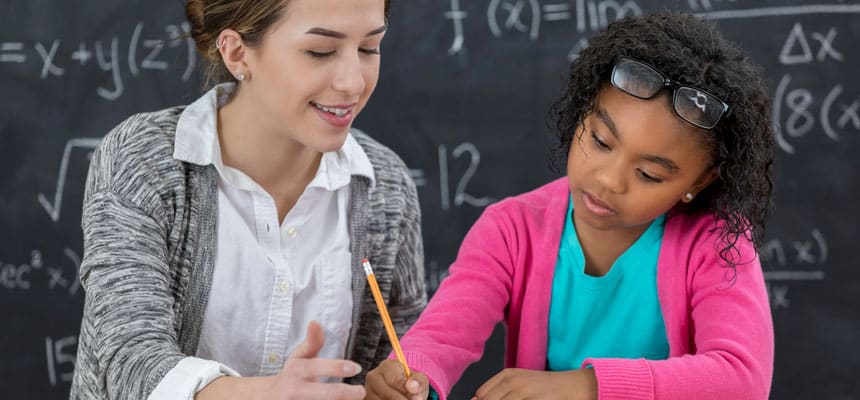
Giftedness & Twice Exceptional
Gifted individuals may have the following behavioral characteristics:
- intensity and sensitivity
- curiosity and questioning
- interest in experimenting and doing things differently
- divergent thinking
- unusual memory
- unusual sense of humor
- complex need for organization
There can be substantial variations in skill level within a gifted child (with his/her cognitive skills, learning ability, emotional regulation, and judgment). Inconsistent development can lead to significant frustration, particularly if the child is perfectionistic and/or has an intense personality. While their knowledge may be exceptional, there are still other factors at work that are not allowing them to reach their full potential.
Twice exceptional individuals are gifted individuals who experience more than just developmental inconsistency. These individuals may have a learning disability, attention disorder, or social-emotional problem. Professionals working with gifted individuals must understand the difference between typical developmental variation and a clinical problem. Dr. Beaulieu’s skills in assessing and intervening with complex cases set her apart from many psychologists. A complex case is one in which multiple factors are evident – things like behavior, learning difficulties, social skills, or attention problems. Gifted and twice-exceptional cases fall in that category of complex cases. Determining “typical characteristics” from “problem behavior” is a necessary distinction when assessing gifted children, especially when determining whether or not a child is performing at their best level. Being in the correct learning environment makes a significant difference in the gifted child’s ability to succeed academically; correct school placement, as well as an understanding of external factors, truly assists children who are gifted.
Our clinics are very well connected with clinical professionals and educators of the gifted in southeast Michigan; this provides each individual a custom-made intervention plan with which to move forward. Not only is the individual helped – the parents, siblings, teachers, and friends are also assisted by better understanding the social, emotional, and academic needs of the gifted child.


